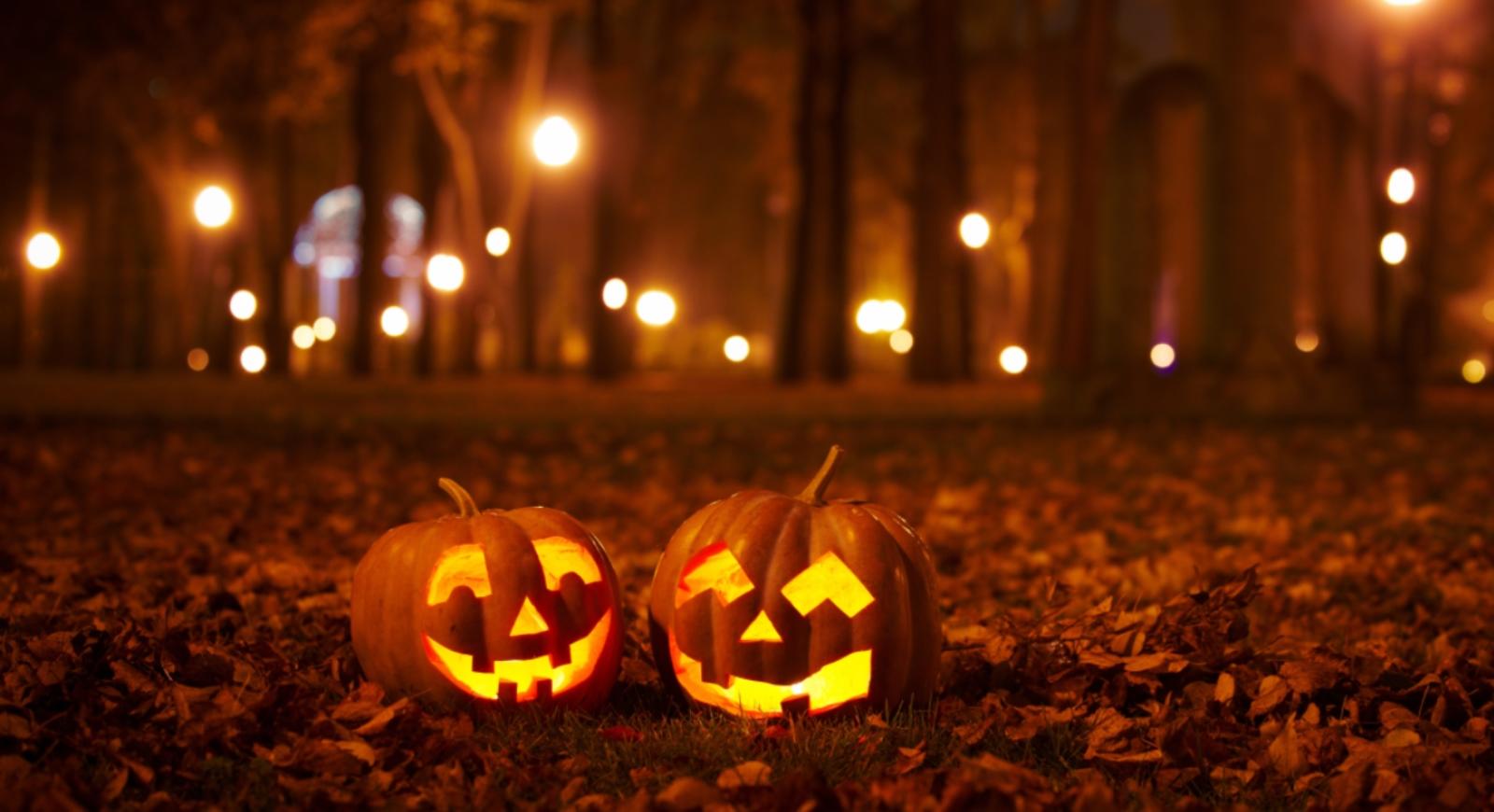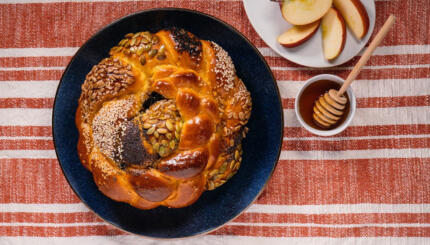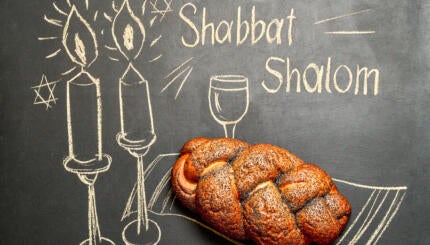Halloween is widely popular in the United States and other countries, where it is marked by parties, trick-or-treating for children and the celebration of the occult. Historically, Halloween marked the beginning of the Christian liturgical season of Allhallowtide, a time for remembering the dead, particularly saints. The trappings of the holiday, however, largely derive from outside Christianity and can be traced to ancient Celtic festivals, particularly Samhain. Today, Halloween is often considered a secular holiday associated with the macabre, playfully executed with costume-wearing, trick-or-treating and parties.
With its non-Jewish origins but largely secular modern execution, many Jews wonder: Is it OK to celebrate Halloween?
The Torah and later rabbinic teachings forbid participating in idolatry and its derived practices, which many Jewish authorities understand to include Halloween. The Torah’s commandment not to copy non-Jewish rituals (Leviticus 18:3) is also frequently cited as a reason for Jewish avoidance of Halloween. Tosafot (a medieval talmudic commentary) explains that there are two kinds of non-Jewish customs from which Jews should abstain: idolatrous customs and foolish (but non-idolatrous) customs. While participation in idolatrous practices has never been permitted, early modern rabbinic authorities relaxed the restriction on so-called “foolish” practices, ruling they are permissible if they do not violate other Jewish norms (like modesty).
If Halloween is merely a “foolish” practice that doesn’t violate other Jewish norms, it might be permissible if it is not a religious celebration. After all, the vast majority of modern celebrants don’t see it that way. But there are individuals, Christian and pagan, for whom it remains a religious holiday. For that reason, some Jewish authorities argue that as long as there are people who view the holiday as religious, it remains a problematic practice for Jews to adopt. For others, even if Halloween is in modern times a completely secular holiday, its origins in an idolatrous culture would still disqualify it for Jewish participation. Outside the realm of halakhah (Jewish law), some Jewish authorities worry that celebrating Halloween could blur religious boundaries or dilute Jewish identity. Consequently, many Jews discourage or outright prohibit the observance of Halloween.
With your help, My Jewish Learning can provide endless opportunities for learning, connection and discovery.
Other Jews, particularly but not only those in more liberal denominations, see Halloween as having evolved into a secular celebration on par with American Thanksgiving that poses no conflict with Jewish values. Costumes, candy and community gatherings are seen as cultural events rather than religious ones. Additionally, many Jewish families feel Halloween provides an opportunity for social inclusion and neighborly interaction, which can be particularly meaningful for Jewish children in mixed neighborhoods. For these families, Halloween represents an opportunity for cultural integration.
For Jewish families uncomfortable with Halloween’s associations, some seek alternative celebrations. One approach is to highlight Purim, a traditional Jewish holiday that includes costumes, treats and festivities, offering children a similar experience within an indisputably Jewish framework. Some Jewish educators also advocate using Halloween as a teaching moment and discuss Halloween’s history, its evolution and its difference from Jewish celebrations. This approach allows for engagement with the holiday’s cultural aspects without directly participating in its activities.



